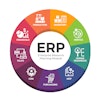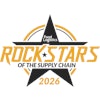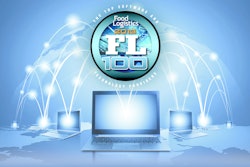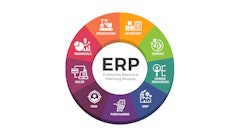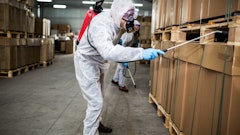Despite large tracts of fertile land, the west African country of Ghana has a long history of food insecurity, which is why the government became one of the first six African countries to sign up to the G8 New Alliance for Food Security and Nutrition in 2012, an initiative the country says will focus on five crops: cowpea, maize, cassava, rice and yam.
"This is really about improving the environment of aid effectiveness, food and nutrition so that countries can really take ownership of their food security and initiatives," said Ahmed Yakubu Alhassan, the deputy food and agriculture minister with responsibility for crops. "Ghana has huge potential in horticultural crops, in vegetables and fruits like pineapple. But natural resources by themselves do not bring economic returns. What is needed is more investment."
"The New Alliance will make it easier for the private sector to do business in agriculture. At the moment, we experience regular bottlenecks," said Tom Gambrah, the managing director of Ghana Premium Foods, chairman of the Ghana Grains Council and a New Alliance board member. "Then there are better seeds than we are using, not genetically modified seeds, but high-yield hybrid seeds that can double or triple harvests and that are already being used in other countries.
"But at the moment to bring in new seeds is either not allowed, or takes five or 10 years for a seed committee to approve it. These are things bringing real income into farmer's pockets. And when those yields go up, we in the private, have to be able to buy it, process it, help set the standards in storage and advocate donor support for good economic practices."
There was, however, almost no knowledge of the G8 initiative among some stakeholders, including farmers, academics and agricultural campaign groups contacted by the Guardian. All the initiatives involve providing more incentives for the private sector to buy and cultivate land, and to become involved in the country's seed industry, but there has been growing concern in Ghana that the commercialization of the food industry will not benefit small farmers.
"It seems that this is just a few experts who are pushing it through parliament … without anyone thinking through the likely consequences for our country," said Duke Tagoe of the Food Sovereignty campaign group. "It's very worrying."
Several agricultural and food giants have signed up to the G8 initiative, including the commodity investment firm Armajaro, the drinks company SABMiller, the global conglomerate Unilever and the Norway-based fertiliser company Yara. Ghanaian companies have also signed up, but they admit it is unclear exactly how it will work.
To read more, click HERE.
